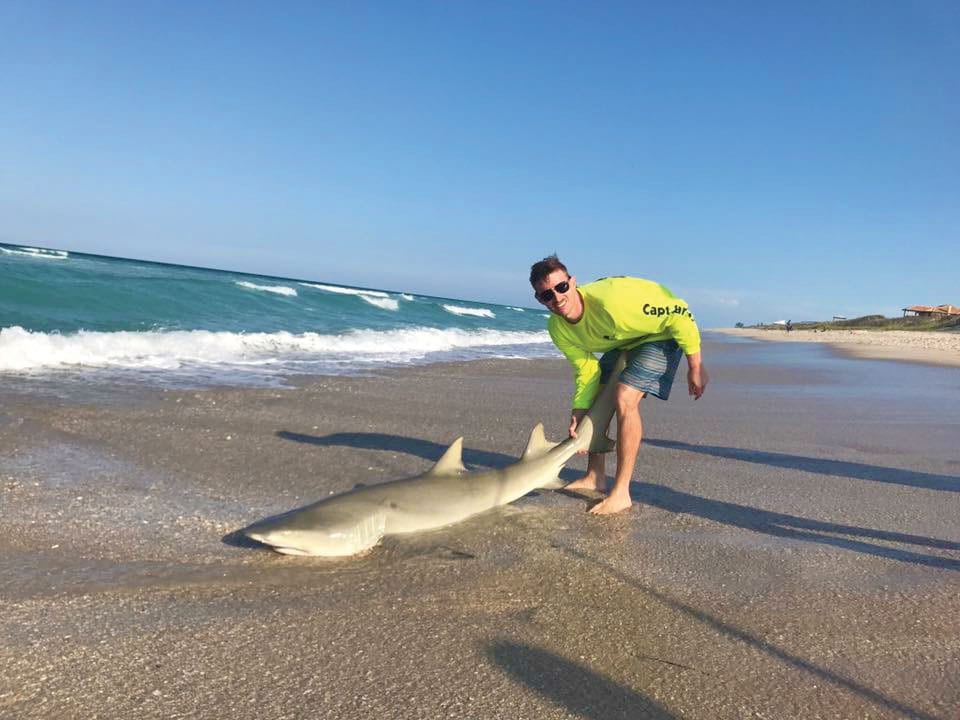Land-based shark fishing (LBSF) has been enjoyed by anglers along the coastlines of Florida for many decades with limited spotlight, public concern, or ecological evaluation. While events such as deceased large hammerhead and tiger sharks appearing on several beaches in 2017 catalyzed a deeper examination of this type of fishing, greater exposure due to social media and a growing popularity of LBSF has also driven the need for a review by the Florida Wildlife Commission (FWC).
This summer the FWC established 10 workshops around the state during the months of July and August for discussion and feedback on ideas for proposed policy and guideline implementation for LBSF. These forums were open to the public.
I attended the FWC Workshop in Melbourne, Fla. on Aug. 27. I was not surprised that there was a full room, mostly of concerned citizens, including several local mayors as well as a few activists. Notably, the concern was mostly about public safety regarding this type of fishing from citizens, while activists pushed shark welfare. Anglers comprised a vocal 20 or so percent of the room.
As Bob Dylan sang, “the times, they are a-changing.” As anglers, we are faced with issues and dilemmas our previous generations did not have. Global fisheries are under attack, while coastal fisheries are under increasing regulation. In Florida, coastal fisheries have shown tremendous progress with recovery of shark populations, as noted by the FWC in the meeting.
The fear at hand by anglers is penalizing the LBSF community. These anglers, who pride themselves on a catch and release mentality, range from recreational fishermen to professional land-based charter guides. For some, this type of fishing provides a means for a way of life, while for others it’s a challenging sport unlike any other.
A strong debate is embracing the positive, such as using land-based shark fishing as an opportunity for data collection and scientific research. For example, NOAA provides free tagging kits for any angler interested in tagging sharks prior to release as well as reporting tags on caught sharks.
During the workshop, the FWC presented a number of topics for discussion and feedback, all of which can be found on their website in a downloadable presentation. The highlights included:
1. Special Permits for LBSF – There was overwhelming support of this by all parties (this would include education requirement with limited to no cost for the permit).
2. Restricting time/locations for LBSF – nighttime hours only and/or restrictions from certain public beaches.
3. Expanded Rules for Prohibited Species – prohibiting shore-based tournaments for certain species, restrictions on handling (keep in water), and use of specific gear to maximize survival of released sharks.
While the above are merely preliminary recommendations and an outright ban on land-based shark fishing does not appear to be imminent, further data-driven research would lead to true long-term solutions for protecting sharks, supporting anglers, and informing the general public with policies that work for everyone. We shall await the decisions of the commission in December.
By Wade Senti
